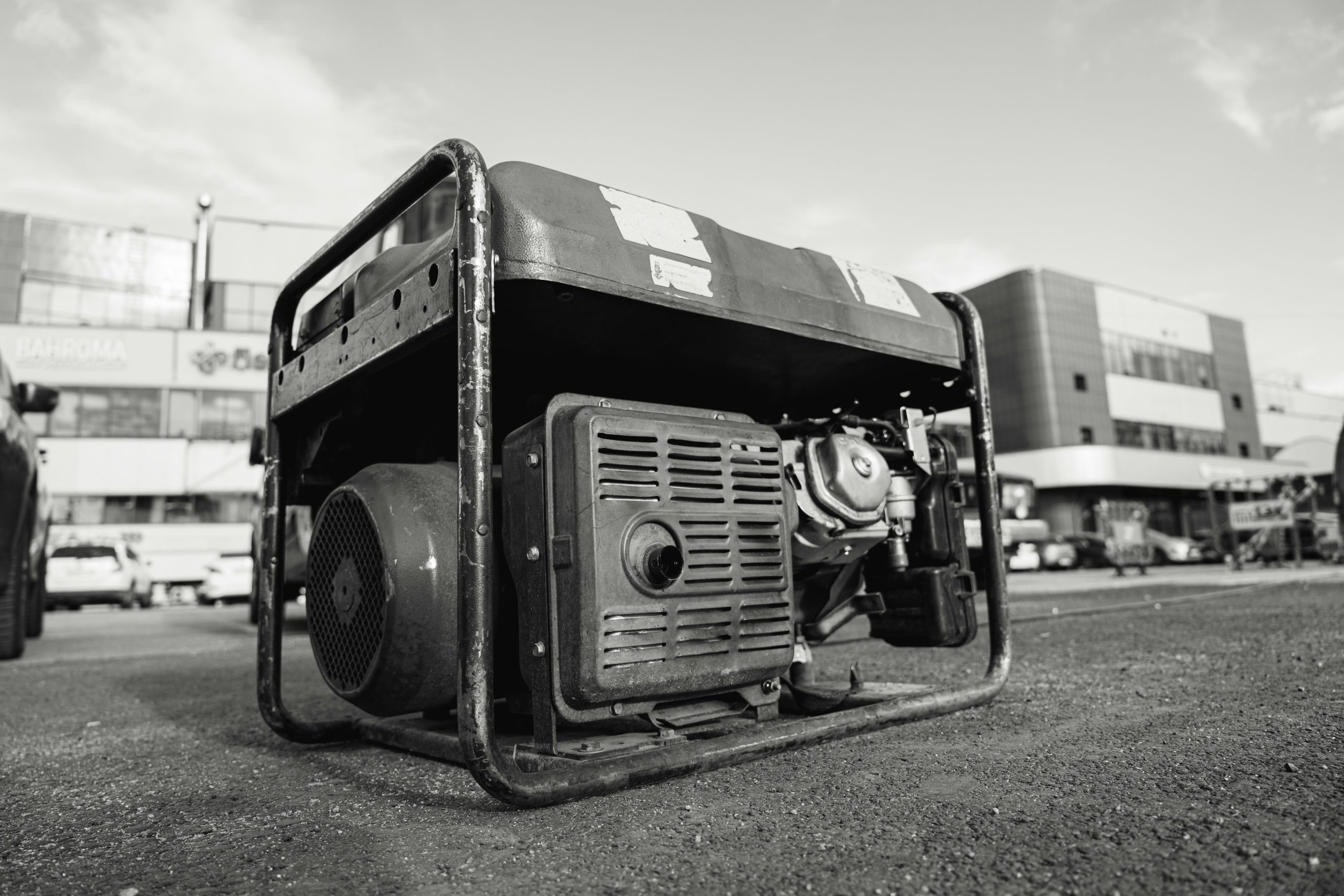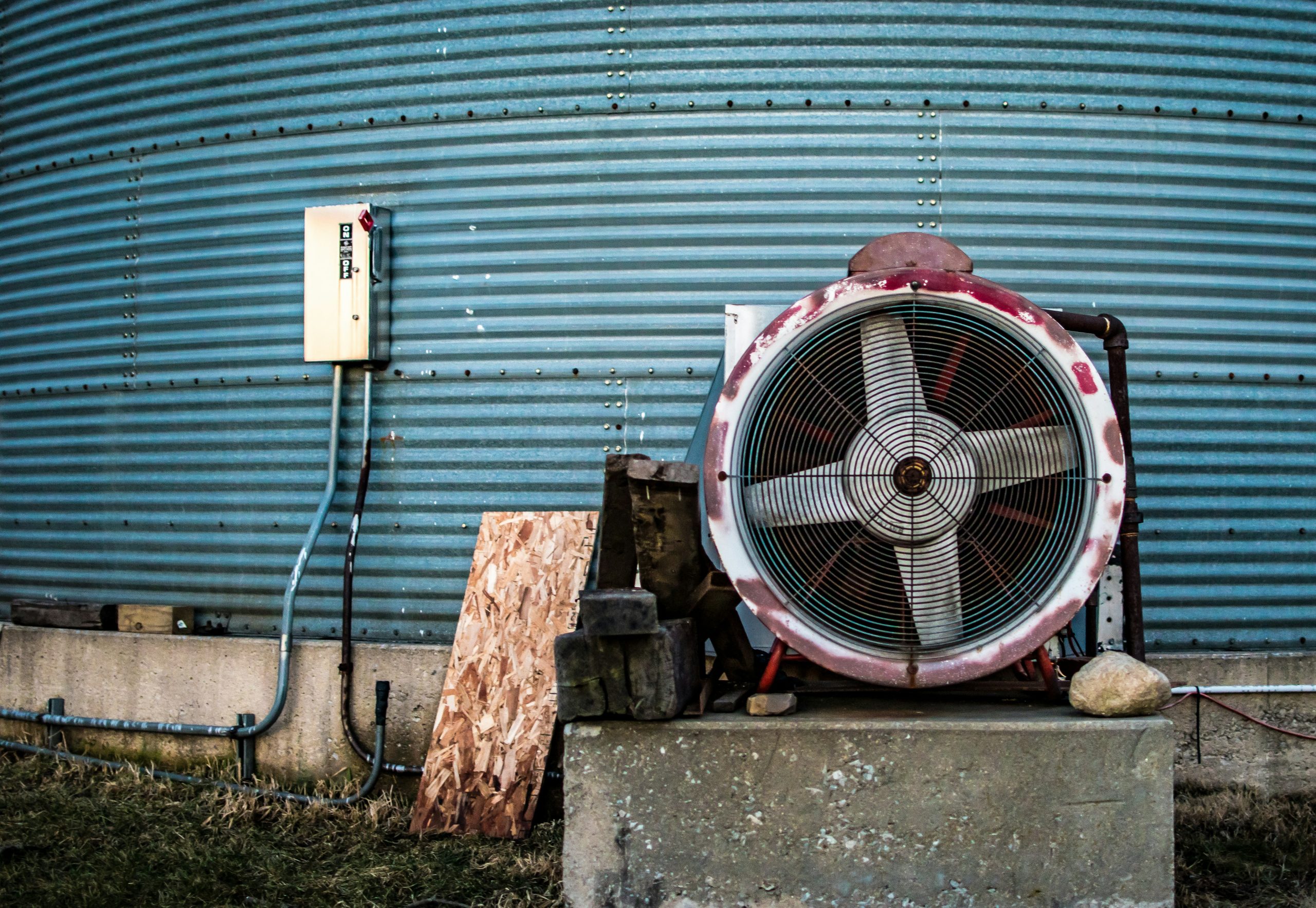- Home + Industrial Generators
Comprehensive Guide to Industrial Generators: Powering Large-Scale Operations
Industrial generators are critical for providing reliable power to large-scale operations, including manufacturing plants, construction sites, data centers, and hospitals. These generators ensure uninterrupted power supply during outages and support the energy demands of extensive facilities.
- High Fuel Efficiency:Diesel engines are highly fuel-efficient, making them ideal for long-term, continuous operation.
- Robust Power Output:Capable of generating significant power, suitable for heavy industrial applications.
- Durability:Designed for rugged use, offering long lifespans and reliable performance.
- Noise Levels:Typically noisier than other types of generators, requiring soundproofing measures in some environments.
- Clean Fuel Source:Uses natural gas, which burns cleaner than diesel, reducing emissions and environmental impact.
- Continuous Fuel Supply:Connected to a natural gas pipeline, ensuring an uninterrupted supply of fuel.
- Flexibility:Suitable for a range of applications, from small facilities to large industrial plants.
- Dependency on Gas Supply:Reliant on the natural gas infrastructure, which may be a limitation in some areas.
- Professional Installation:Requires skilled installation and connection to the gas pipeline.
- Dual Fuel Capability:Can operate on both diesel and natural gas, providing flexibility and redundancy.
- Seamless Transition:Automatically switches between fuels, ensuring continuous operation.
- Load Calculation:Determine the total power load required to run critical systems and equipment during an outage.
- Operational Continuity:Keeps industrial operations running smoothly during power outages, preventing downtime and production losses.
- Data Protection: Ensures critical data centers and IT infrastructure remain operational, safeguarding data integrity and security.
- Safety Systems:Powers essential safety systems, including emergency lighting, fire alarms, and security systems.
- Prevents Losses:Avoids financial losses associated with production halts, spoilage, and downtime.
- Energy Management:Provides a reliable backup during peak demand periods, helping manage energy costs effectively.
- Maintains Security:Keeps security cameras, alarms, and access control systems functional, ensuring facility security.

